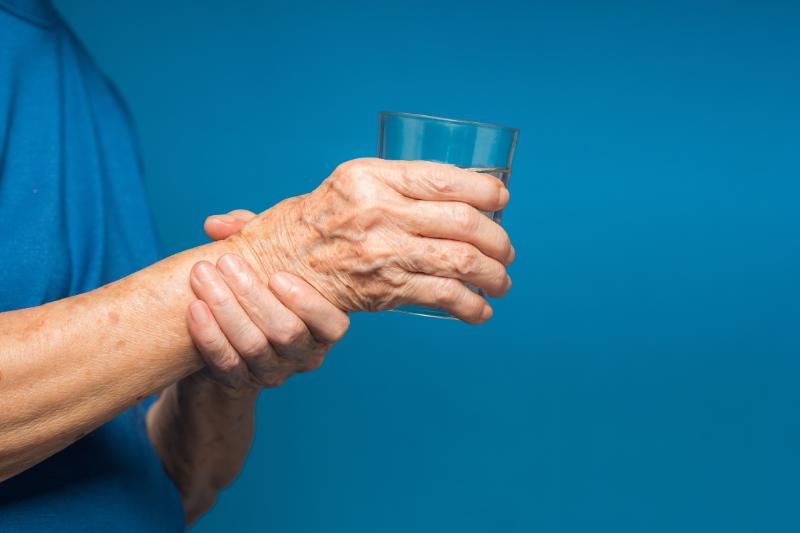Neurological movement disorders present unique challenges that impact motor functions in distinctive ways. Our comprehensive care is designed to alleviate symptoms and improve overall well-being while addressing the unique aspects of each movement disorder.
The expert team of neurosurgeons at Haynes Neurosurgical Group brings a wealth of proficiency and nuance for identifying individual patient needs. Our comprehensive care is designed to alleviate symptoms and improve overall well-being using a compassionate approach.
Neurological movement disorders comprise a set of conditions with distinctive characteristics that significantly impact a person’s motor functions. These disorders arise from disruptions in brain signals that regulate and coordinate movements.
Patients with neurological movement disorders may face symptoms such as tremors, stiffness, slowness, and involuntary movements. The disruptions in the neural circuits that regulate body movement cause diverse symptom profiles that impact daily life for those with neurological movement disorders.
This diversity makes nuanced and personalized approaches to diagnosis and treatment even more necessary for these conditions.
At Haynes Neurosurgical Group, our highly qualified neurosurgeons have had rigorous training in the complexities of the nervous system. Their unique skill sets enable them to address the conditions that disrupt the brain signals responsible for ensuring smooth and coordinated movements.
Our expertise extends to a wide set of conditions that require a nuanced and personalized approach to care.
- Parkinson's Disease: Characterized by tremors, rigidity, and slowness of movement, Parkinson's disease poses unique challenges to those affected. It is a brain disorder that results in uncontrolled movements and balance and coordination problems.
- Essential Tremor: Marked by uncontrollable shaking, Essential Tremor can significantly impact daily activities. This condition typically affects your hands and arms but can also affect your head, voice, and other body parts.
- Dystonia: A complex disorder involving muscle contractions and abnormal postures, dystonia requires a specialized approach.
Our comprehensive care seeks to alleviate symptoms and enhance overall well-being.
At Haynes Neurosurgical Group, our comprehensive and meticulous diagnostic approach uses advanced tools and methodologies to identify and understand each patient's unique situation. Our diagnostic toolset includes:
- Detailed History and Physical Exam: Our healthcare team starts the diagnostic process with a thorough understanding of your medical history and a comprehensive physical and neurological examination. This forms the foundation for further assessments.
- Blood Tests: These tests provide valuable insights into the physiological aspects of movement-related conditions. They are also useful to identify specific movement disorders or rule out other potential causes.
- Electromyography (EMG): This test helps assess muscle health and nerve function. It helps understand the complex relationship between muscles and nerves.
- Electroencephalogram (EEG): The brain's electrical activity is analyzed through an EEG. It helps get a comprehensive understanding of the neural dynamics of a patient.
- Imaging Tests: Computed Tomography (CT) and Magnetic Resonance Imaging (MRI) are effective ways to visualize the brain, spinal cord, and nerves. These imaging studies help create a comprehensive diagnostic profile for the patient.
At Haynes Neurosurgical Group, we focus on improving patient well-being through tailored treatments that meet individual needs. Treatment modalities for neurological movement disorders can include:
- Medication Management: Medications may be used to address specific symptoms associated with movement disorders. Muscle relaxants, dopaminergic medications, anti-anxiety medications, and condition-specific drugs can help with targeted relief.
- Physical Therapy and Occupational Therapy: Treatment recommendations may include physical and occupational therapy to improve mobility, alleviate discomfort, and ease the ability to perform daily tasks.
- Mobility Aids and Speech Therapy: Tailored interventions, such as mobility aids (canes, walkers, wheelchairs) and speech therapy, may be integrated into treatment plans to promote safe movement and improve communication skills.
- Deep Brain Stimulation (DBS): For advanced cases of Parkinson's disease, dystonia, and other tremors, Deep Brain Stimulation (DBS) is considered. This surgical intervention aims to reduce involuntary movements.
- Focused Ultrasound: A non-invasive, precise, and effective treatment option that uses ultrasound waves to target and treat various neurological conditions.
- Radiofrequency ablation (RF ablation): A minimally invasive medical procedure that uses radiofrequency energy to create heat and destroy or ablate tissue.
- Laser Interstitial Thermal Therapy (LiTT): A minimally invasive neurosurgical technique that employs the power of laser energy to treat a variety of neurological conditions.
- Stereotactic Radiosurgery (SRS): A highly advanced, non-invasive technique used to provide effective treatment for various neurosurgical conditions.


